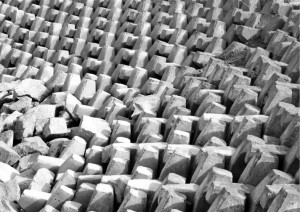Observing that the “existence of a written agreement is not necessary to establish common understanding, common design, common motive, common intent or commonality of approach among the parties to an anti-competitive agreement”, the Competition Commission of India (CCI) recently found 11 cement manufacturers and the Cement Manufacturers’ Association (CMA) guilty of forming a cartel under section 3 of the Competition Act, 2002.
The CCI imposed a penalty of over ₹60 billion (US$1 billion) on the cement manufacturers, which is 50% of their profits for 2009-10 and 2010-11. The CMA was also penalized.

You must be a
subscribersubscribersubscribersubscriber
to read this content, please
subscribesubscribesubscribesubscribe
today.
For group subscribers, please click here to access.
Interested in group subscription? Please contact us.
你需要登录去解锁本文内容。欢迎注册账号。如果想阅读月刊所有文章,欢迎成为我们的订阅会员成为我们的订阅会员。
The update of court judgments is compiled by Bhasin & Co, Advocates, a corporate law firm based in New Delhi. The authors can be contacted at lbhasin@bhasinco.in or lbhasin@gmail.com. Readers should not act on the basis of this information without seeking professional legal advice.


























